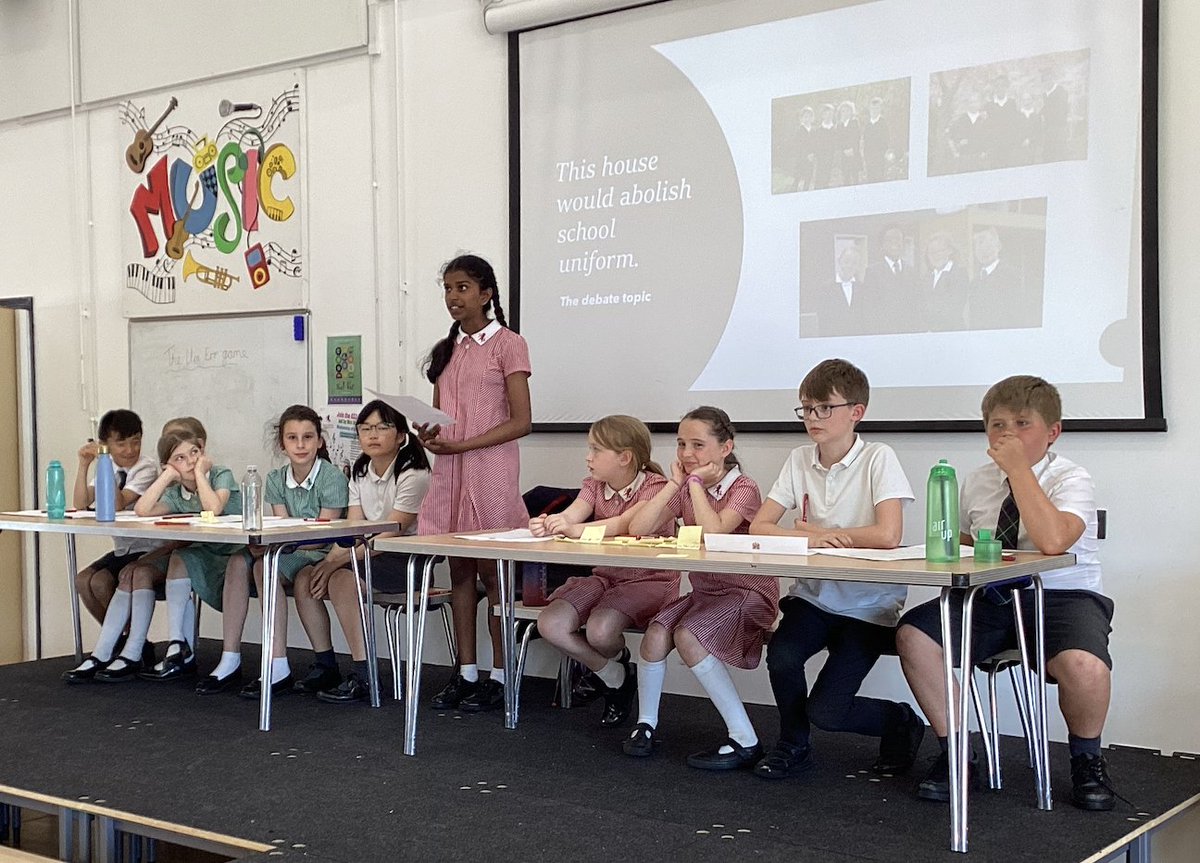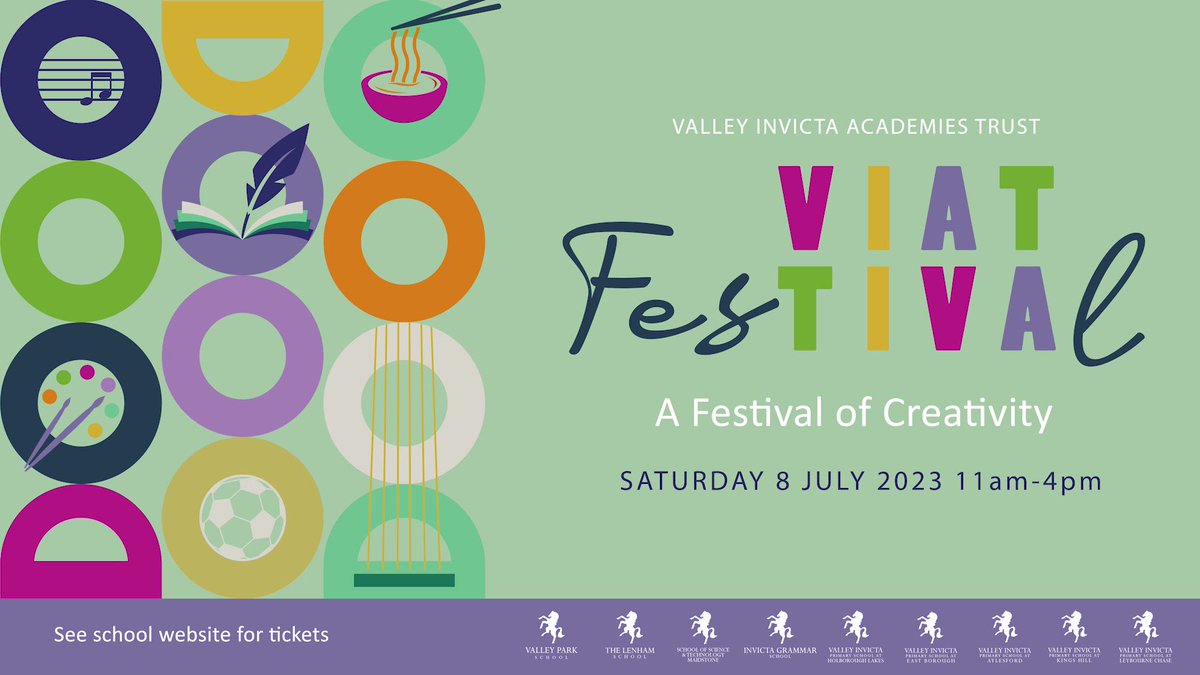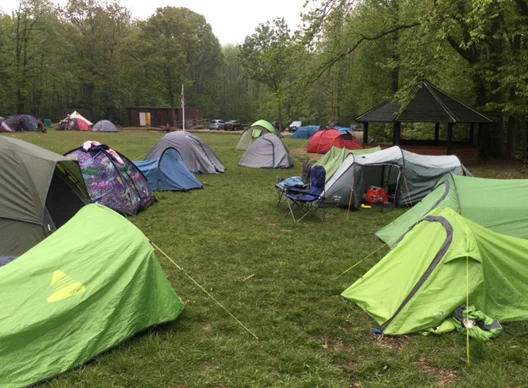Download our FREE smartphone app today!
Spelling
We want our children to have a love of words and a desire to learn how to spell them correctly. We have changed the way we teach spelling at Holborough Lakes in the light of current research and our understanding of meta-cognition.
We teach phonics/spelling every day, in every year group. This forms part of our English lessons and our ‘flying start’ approach, to ensure that every moment in school is an opportunity to embed a greater depth of learning, which will therefore be retained.
We teach the National Curriculum for spelling using a range of resources and games, drawing from PiXL and No-Nonsense Spelling as our main resources. Children are introduced to a new spelling rule each week and revisit the rule every day. We use morphology, phonology and etymology to help children make connections and to give them strategies to attempt to spell unfamiliar words. There is an great emphasis on oracy; children reasoning about spelling rules and patterns. Spelling displays enable children to revisit rules and consolidate their learning. Teachers endeavour to create opportunities to discuss and use new and learnt spelling rules across the curriculum.
Activities include:
- Syllables and segmenting
- Synonyms and antonyms
- Handwriting
- Low stake quizzes
- Patterns – on-set and rhyme
- Right from wrong (spotting errors and explaining them)
- Odd one out
- Boggle
- Speed writes
- Pyramid writing
- Rainbow writing
- Word ladders
- Finishing words (missing letters)
- Dictations
- Opportunities to use the words in their own writing
At the end of a unit of spelling, children collect words in their Spelling Journals so that they can refer to them and apply them to their independent writing in all subjects.
We are continuously reflecting on our teaching approaches at Holborough Lakes. We are currently trialling a program to help children remember common exception words.

Spelling Shed
Spelling Shed is a resource for children in KS2 to explore at home. It teaches phonemes, graphemes, segmenting, syllables, morphology (how parts of words give the word different meanings) and etymology (the history of words).
All KS2 children are given log in details to use at home to enable them to access spelling games linked to the learning at school.
| Useful documents |
|---|
| Common Exception Words Year 1 and 2 Cursive |
| Year 3 and 4 Key Word List |
| Year 3 and 4 Common Exception Words |
| Year 5 and 6 Key Word List |
| KS2 Practical Skills in Spelling |























